BlueVoice:
An Enduring Legacy for
Whales and Dolphins
Hardy Jones: Defender of Whales and Dolphins
Hardy Jones was a journalist, filmmaker, and marine wildlife conservationist. He used his skills behind the camera and his warm and kind personality to share the beauty of dolphins and their ocean habitats with the world and to expose those who hurt and exploit them. This website, created to honor Hardy’s legacy, includes archival pages from the former BlueVoice website to portray Hardy’s work and showcase many of his films. It will also serve as a host site for the Hardy Jones Rapid Response Fund to honor his legacy.
Hardy produced and directed 77 films for PBS, National Geographic, the Discovery Channel, and TBS with special emphasis on environmental and ocean issues and marine mammals, beginning in 1978. His love of dolphins began in the 1970s when he filmed spotted dolphins off The Bahamas and got to recognize them on an individual basis. One of Hardy’s especially powerful films, If Dolphins Could Talk, hosted by actor Michael Douglas, included footage of dolphins dying in tuna nets. The film’s impact led the H. J. Heinz Company (makers of StarKist tuna), the Van Camp Seafood Company (Chicken of the Sea tuna), and Bumble Bee Seafoods (Bumble Bee tuna) to announce that they would stop buying tuna that is caught in nets that also trap and kill dolphins. Hardy’s film, along with the work of other organizations, resulted in “Dolphin-safe” labels on tuna cans.
Hardy’s passion for defending dolphins ultimately brought him to Japan, where several communities were deliberately killing them for meat. In 1980, Hardy filmed the killing of dolphins by Japanese fishermen at Iki. Hardy became the first Westerner to stand on the beach and record as the fishermen killed hundreds of bottlenose dolphins and pilot whales. Within 24 hours, the 16mm film he captured that day appeared on the CBS evening news and was immediately syndicated worldwide, resulting in formal letters of protest to the Japanese government and the suspension of dolphin hunting at Iki.
Hardy was also the first person to bring international attention to the dolphin hunts in Taiji and Futo, Japan, covertly filming the massacres, often at great personal peril.
In 2011, Hardy wrote a book about his work entitled The Voice of the Dolphins, which describes his more than 30 years studying and filming wild dolphins, as well as his advocacy efforts on their behalf.
Hardy’s final film, Dolphins in Danger, exposes the killing of dolphins in Peru for use as shark bait. The film is currently available for viewing in the US on Amazon Video.
Hardy Jones: 1943-2018, Marine Wildlife Conservationist and Filmmaker by Howard Hall
An AWI Partnership
Hardy Jones’s work caught the attention of AWI’s founder, Christine Stevens, who agreed to support his Japanese projects. With the help of local wildlife conservation organizations in Futo, Hardy ultimately convinced the lead dolphin hunter that dolphins were worth far more alive than dead. The result was an ecotourism project that ended the Futo dolphin hunts in 2002. Attempting to change attitudes in Taiji has proved to be far more challenging, but Hardy’s work there laid the groundwork for campaigns that continue to this day.
Hardy regularly attended the meetings of the International Whaling Commission, and in his quiet yet forceful way, made clear his views against commercial whaling. He could always be relied upon to join group efforts against commercial whaling and was an active member of WhalesNeedUS, a coalition of US nongovernmental organizations (including AWI) that works to protect whales.
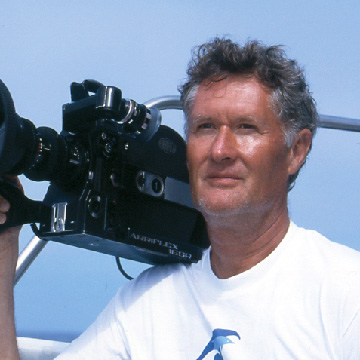
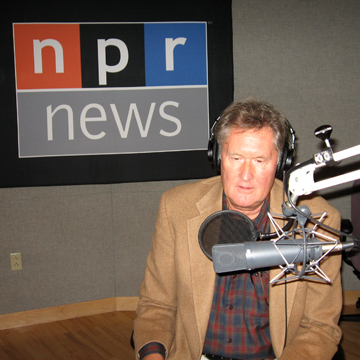
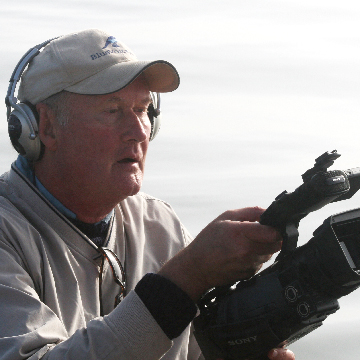
The Hardy Jones Rapid Response Fund
Hardy Jones didn’t wait for others to respond to a situation affecting the creatures he cared about—he jumped in to help. In his memory, the Hardy Jones Rapid Response Fund has been created as a dedicated fund to periodically support the rapid disbursement of funds to front-line activists and campaigners working to expose crimes against nature, mobilize action, and illuminate solutions.
BlueVoice’s Focus of Work: An Enduring Legacy
Dolphins in Peru
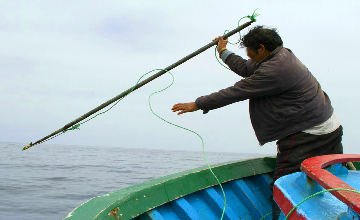
Toxins and Dolphins
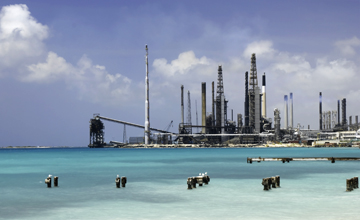
- A Shared Fate: Links Between Ocean Toxins and Cancer in Humans and Marine Mammals
- The Effects of Ocean Pollution on Marine Mammals
- Persistent Organic Pollutants (POPs)
- Dolphins Are Not Food
- Correlation Between Contaminants in Marine Mammals and Human Cancer Clusters
- Toxic Contamination in The Arctic
- Consuming Mercury Contaminated Fish Linked to Fetal Brain Damage
Dolphins in Japan
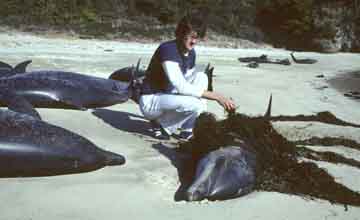
Webfilms
Hardy Jones was a master at effectively bringing the issues facing the marine world to the attention of the public. He did this by visiting the places where issues were happening and documenting what he saw, sometimes at great personal risk. He made his findings public via short films, documentaries, and photographs. While his compelling creations often made for difficult viewing, they instill within the viewer a strong desire to help.
